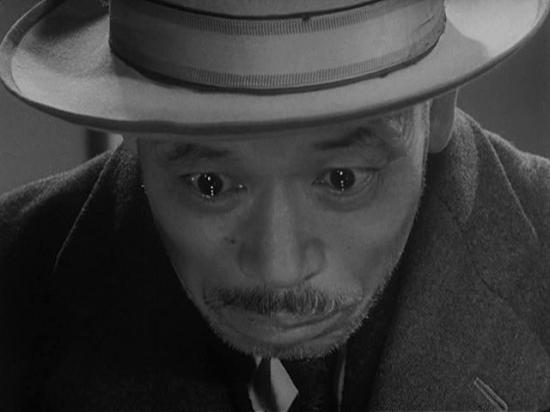Week 10, 2015
Joensuu, Finland
Title: Los Olvidados
Director: Luis Buñel
Genre: Drama
Year: 1950
Country: Mexico
IMDb: 8.2/10
Thesis: life in the slums of Mexico city.
Watch on 28.2.2015
The film portraits the life of street kids in the 50s for a particular period. The film captures the life challenges of the people living in Mexico City slums. The “lack” of love and communication between these children and their parents and the harshness of their environment. It also portrays a myriad of emotions such as desire, love, anger, hope, fear, lust, revenge.
The narrative focuses on the life of Pedro a youngster that witness a murder of one of his friends and, without planning it, he is also accomplice. The murderer, Jaibo, is also his friend. They agree to do not say a word about this event, but all these happenings really disturb Pedro internally. Pedro has no-one to talk to about this, a tangible distance exists between him and his mother and he has an internal desire to be a “good” person, to be accepted by his mother and a society. However, his innocence, confusion of his young age and Jaibo, did not allow him to take the correct decisions on time. At the end of the film, he is killed by Jaibo and his body is dump at a garbage-cliff near by.
https://vimeo.com/57837968
For me, the film is intense, strong, current and real. Unfortunately, I am not a film critic, so I cannot talk about the tecnik. However after watched the film I had been reading some other comments about it and information related to the film expressing that “los olvidados” is a master piece.
Surrealism is used as part of the film’s techniques of expression by Bruñel, according to some specialists. Unquestionably the film is powerful. At moments, I was not able to look a it. It hurt me! I was really immerse/connected to the story. Others critics mention that this film utilizes elements of neo-realism. From another perspective, to understand “los olvidados” one has to recognize Mexico in this era, and
For me, as a Mexican ex-pat who just watched the film, it created me an impact. The story of the “los Olvidados” is so current, and it might be lived nowadays by hundreds of children in the Mexico. The stage might have changed because now we live in the XXI century, but all those elements that the film narrate (desire, love, anger, hope, fear, lust, revenge) of people living under poverty line are current, in my personal point of view. One can immerse in Buñuel’s narrative and connect and feel the story, a story draw in the 50s and also lived in the second decade of 2000s. In my case, after watching “los olvidados” a serie feelings and questions emerged.
Concurring with the words of Alfonso Mejía (Pedro in the “los olvidados”), in the reportage below he mentions: “Now we have more problems than earlier”. He cannot be further away from the truth, and as a generation we have to address them.
There is much to do!

